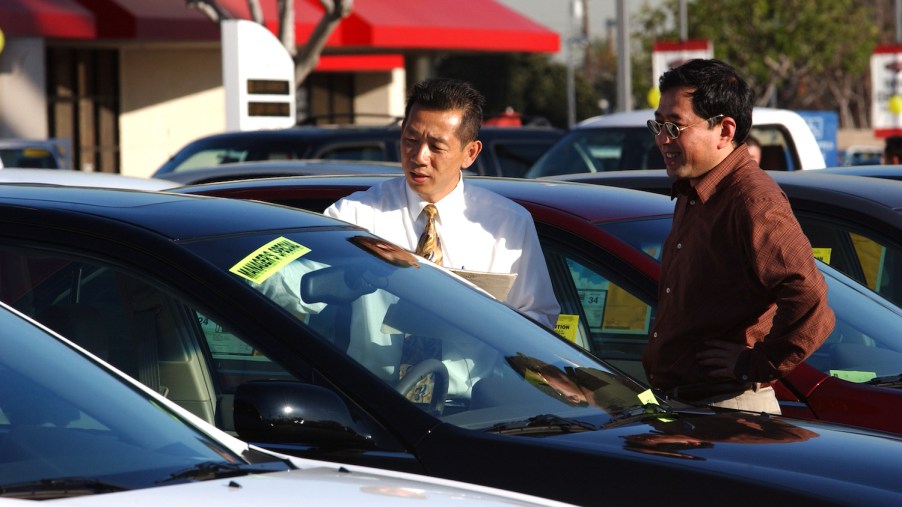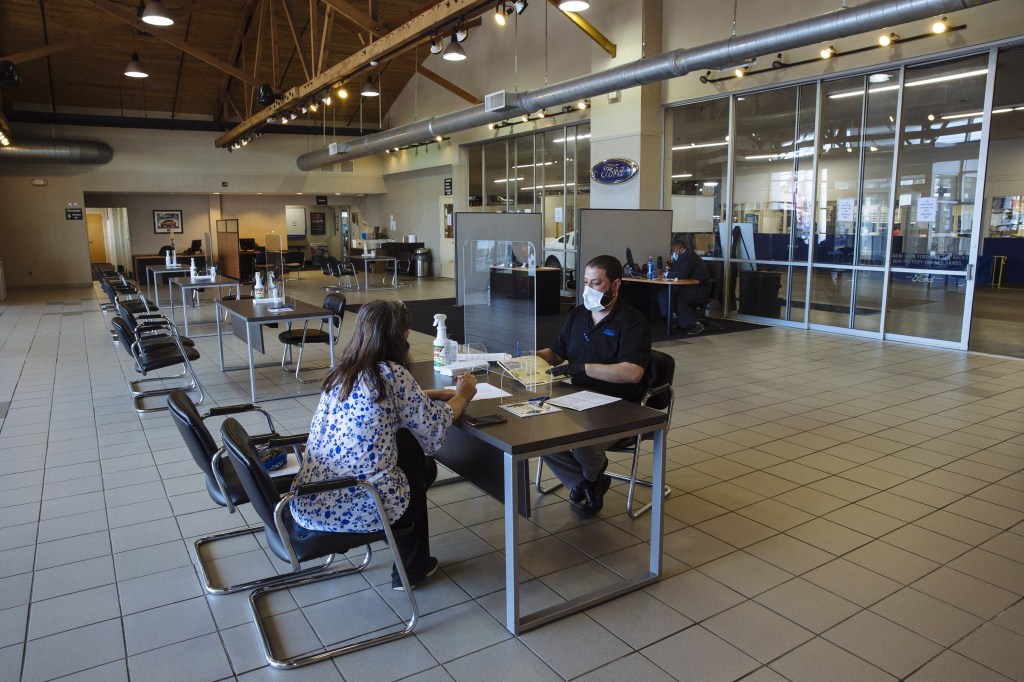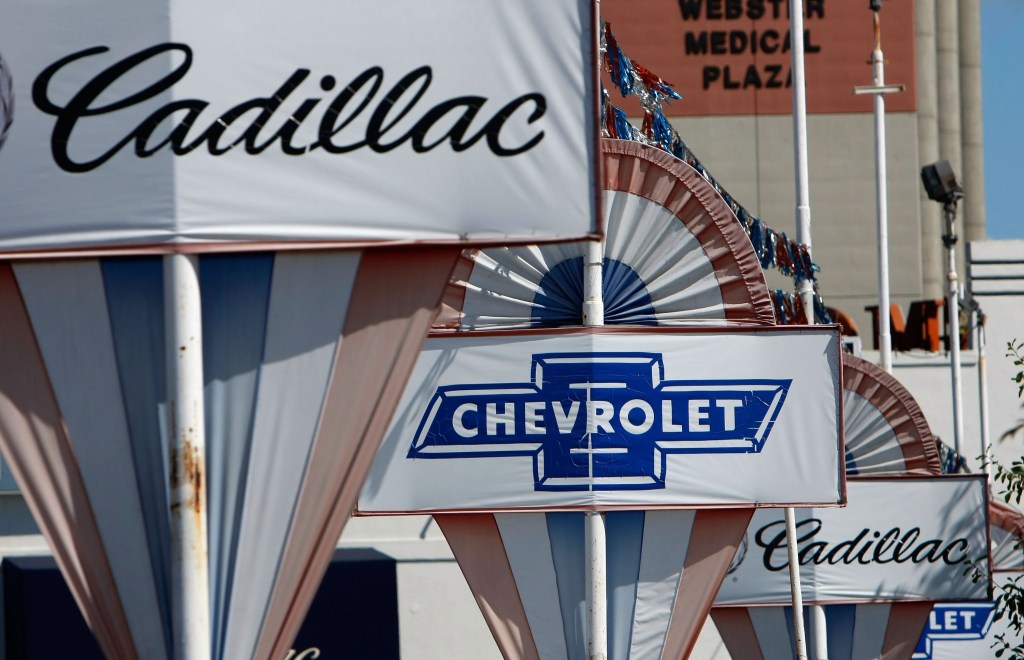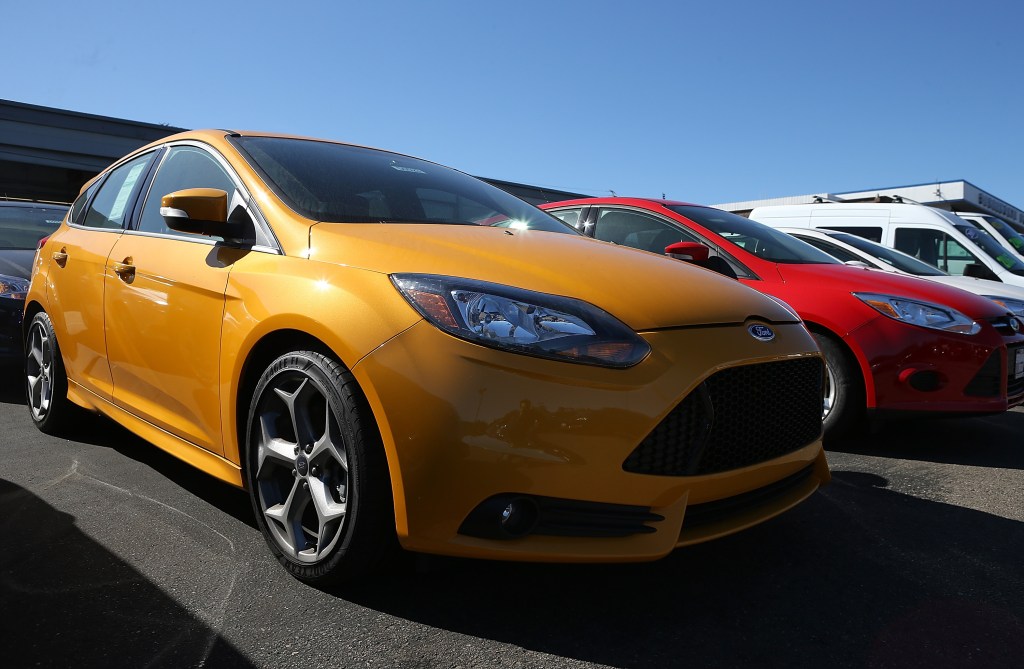
Closing This Car Lease Loophole Screws the Lessee
Until now a person with a car lease ending could shop around for a higher buyout from any dealer. This occurs when the leased car has an unexpected higher resale value, like right now with used car prices exploding. But now, car companies one-by-one, are closing this loophole.
Now, lessees must return their leased vehicles to the car brand’s local dealer

Acura and Honda have joined many other automakers who have recently changed the terms of leases. Now they are requiring lessees to return their cars to the dealership they received them from. Both GM and Ford have also begun to notify lessees about the new policy.
Before this switch, lessees could look for any car dealer willing to give them a higher price than the residual value due. The residual value is the car company’s best guess at what the car will be worth at the end of the lease. Even car-buying companies like Carvana and Vroom could offer a lessee more.
Mostly, car companies have historically been able to determine residual value extremely accurately. But that estimate is based on the lessee driving the vehicle the maximum amount of miles allowed. If the miles driven are substantially less, the car could be worth more than the predicted value at the end of the lease. That is one way that this lease equity existed in the past.
With prices much higher than residual values the lessee could shop their end-of-lease vehicle around

In situations where another car dealer is willing to pay above the residual value, they pay the lease off. The payoff goes directly to the financial institution the lease was written by. Now the dealer owns the vehicle which they put on their lot to sell. And the Lessee drives off in a new car off of the dealer’s lot.
Honda and American Honda Finance Corporation, are sending out notices of the change right now according to Market Watch. Lessees are required to take their off-lease vehicle to the locally assigned Honda or Acura dealership in the notices. So now the lease equity, as a result of the insanely high used car prices seen today, is gone.
About the change in lease return policy, Honda’s VP of finance says, “Our goal is to make sure our dealers have access to quality pre-owned Honda and Acura vehicles to satisfy the needs of new and returning customers.” So the move gives its dealers first dibs on two- and three-year-old lease returns.
This policy change only helps your leased car brand’s dealer

In a market where good, used vehicles are nowhere to be found, this is a huge win for these dealers. And they’re getting the lease return for much less, based on its residual value, than what it is worth in this crazy car-buying time.
But there is still one way the lessee can go around this latest grab. They can purchase the vehicle for the residual value. Then they’re free to sell to whoever they want, for however much they want.
But the downside to this path is that they’ll have to shell out for taxes and registration fees formerly covered by the lessor. Now, to make some money off of the sale, you’ll have to factor those costs into your profit picture. Otherwise, your lease equity evaporates, just like your option to shop your car around just did.



